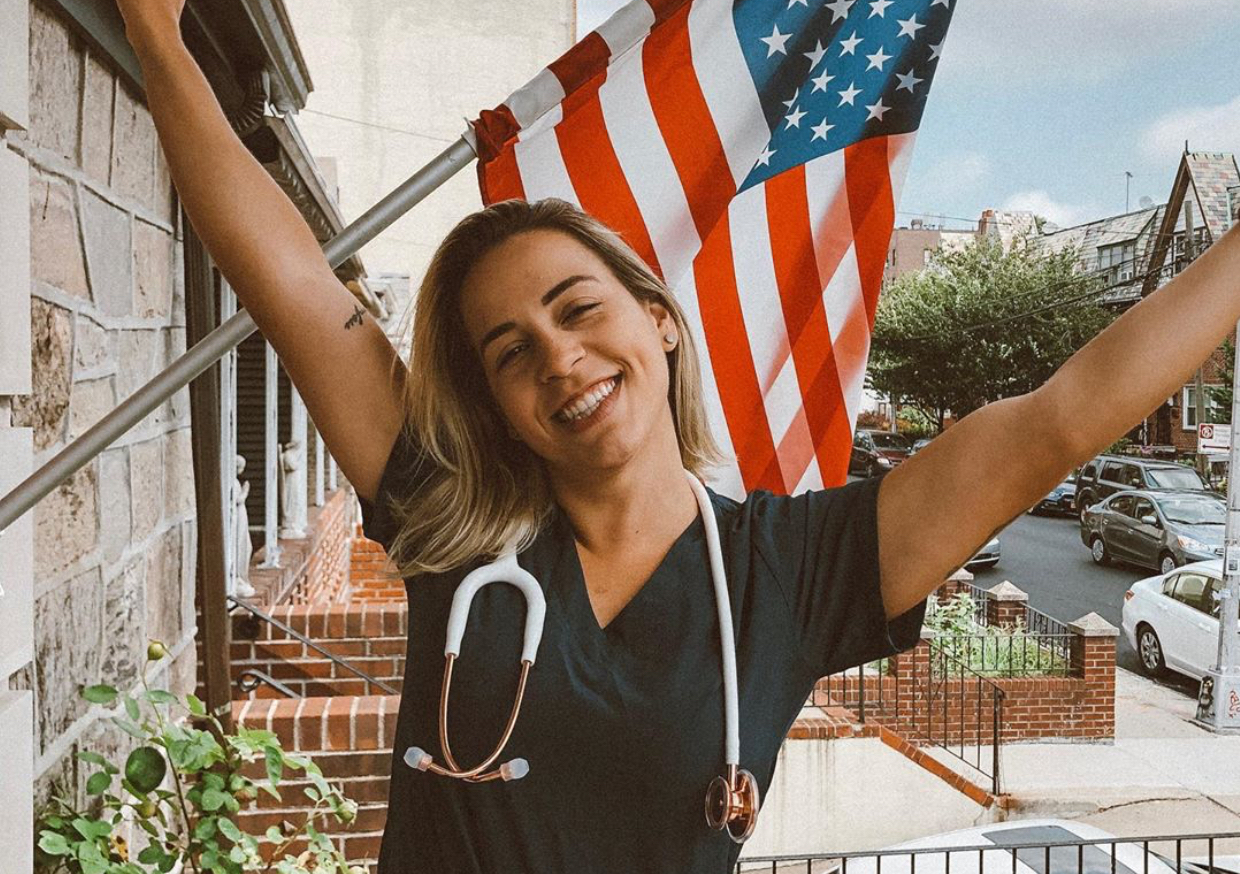If you read our recent post on obtaining postgraduate medical education in the U.K., you may have noticed that it is very different than securing residency in the U.S. You may have also noticed that there is no mention of clinical experiences or the importance of the letters of recommendation. Does this mean that clinical experiences and their letters of recommendation hold no value in the U.K.?
In the following post, we cover why clinical experiences can be valuable to medical students and graduates looking to obtain their postgraduate education in the U.K. even though they are not a formal requirement.
Make an Informed Decision on Your Specialization
Did you know that postgraduate medical students in the U.K. must choose their preferred specialization after completing just one year in the foundation program? This is a decision that will inform the course of your future in medicine and is not one that should be taken lightly.
Clinical experiences can give you a picture of what it is like to practice as a physician in a particular medical specialty. You will be able to observe and speak with a physician in the specialty you choose for at least 20 hours a week over four weeks. During this time, you will see the benefits and potential drawbacks of practicing medicine in a specific area so that you can make a more informed decision of what path to take. This idea is supported by the findings that the majority of postgraduate medical students in the EU determine their medical specialty preferences before starting their postgraduate education.
Gain New Medical Knowledge
After completing clinical experiences, many individuals report feeling a sense of confidence regarding their newly polished skills and supplemental knowledge. Diversifying where you learn and practice medicine in the sense of geography can help you to learn about different medical cases and work with a more diversified population. In one study, roughly 1/5 of medical students who participated in international clinical experiences reported that they saw medical cases that were not prevalent in their home country.
Diversify Your CV/Resume
No matter which country you end up practicing medicine, the prospective employer will want information on your education and professional experiences. In most cases, this takes the form of a curriculum vitae (CV). Your CV is the first thing the individual hiring looks at, it must be more than a piece of paper. It must be a written representation of you and your history as it relates to practice medicine.
When you complete a clinical experience, you diversify the content of your CV, show an interest in international medicine, respect for other cultures, and your willingness to seek out new medical knowledge outside of experiences required. A clinical experience can make you and your application stand out, which is the goal considering that the average individual hiring for a job spends six seconds looking at a resume or CV before deciding to reject or move forward with a candidate.
Need guidance on writing a CV? Click here>
Clinical experiences can also help you to earn letters of recommendation. In many cases, letters of recommendation are essential when applying to or upon being offered a job. A letter of recommendation with strong content and a writer with good professional connections can impress your employers. During a clinical experience, you will have the opportunity to earn a letter of recommendation that fits this description provided you work hard, show interest in the experience, and are respectful to those you are interacting with.
Want to learn more about practicing medicine in the U.K.? Don’t just read about it, live it!
Explore clinical experience in the U.K. >







Leave A Comment